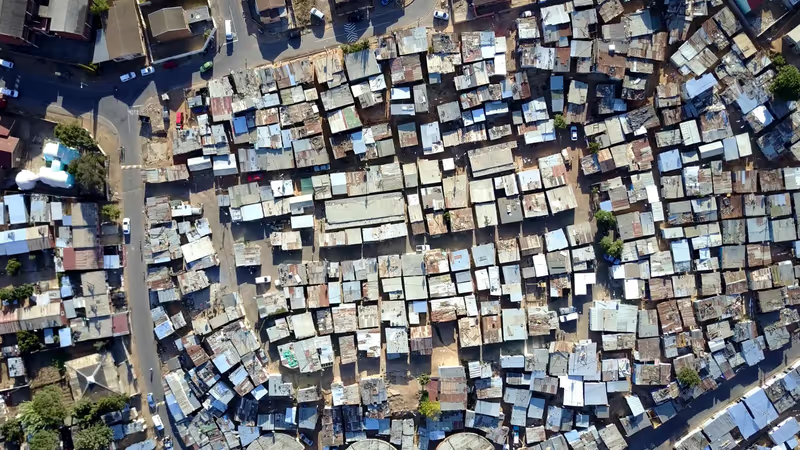| Student: | G. Martínez Görbig MSc |
|---|---|
| Timeline: | March 2022 - 1 March 2026 |
The LOCALISED project creates user-friendly tools that allow local authorities, citizens and businesses to speed up their planning, actions and businesses models towards deep decarbonisation. While the proposition of more granular information to support the energy transition is obvious, its realization is far from trivial. It requires downscaling outputs from energy-economy modelling frameworks beyond a spatial level that was originally intended, while ensuring that the generated data is useful in alleviating the decarbonisation challenges faced by local authorities, citizens and businesses. This is as much of a technical as it is a communication and engagement challenge.
To successfully design and populate such tools, the LOCALISED project pulls together a multidisciplinary consortium including experienced institution in the science of multi-sectoral energy transition (FZJ, PIK, ÖGUT, IREC, IMP), economic analysis (CMCC), city adaptation (UT, PIK) and climate impacts (PIK), policy consultants and citizen engagement- and gender experts (ÖGUT), audio-visual tools and communication experts (CMF, T6), with local city authorities from Austria (City of Vienna Energy department), Poland (Metropolitan Area Gdansk-Gdynia-Sopot, with focus on the city of Sopot) and Spain (Municipality of Barcelona) as partners informing the development and testing of the LOCALISED tools.
These cities were chosen to reflect the need for LOCALISED to acquire from forerunner cities in the topics of mitigation, citizen involvement, eco-business development and adaptation planning, what data/methods and approaches would have facilitated their progress in case they would start the planning today. Their experience points out the “knowledge gap” that the project needs to bridge in order to make LOCALISED products impactful for cities and regions that are going to start to improve their climate profile.
LOCALISED will go the last mile to translate EU and national climate targets to a regional level by using all the knowledge collected and provided in previous work from various sources in order to provide useful tools that really help local authorities, citizens and businesses to start local planning and action addressing businesses, citizens as well as public authorities as key driving forces on the road to carbon neutrality.






